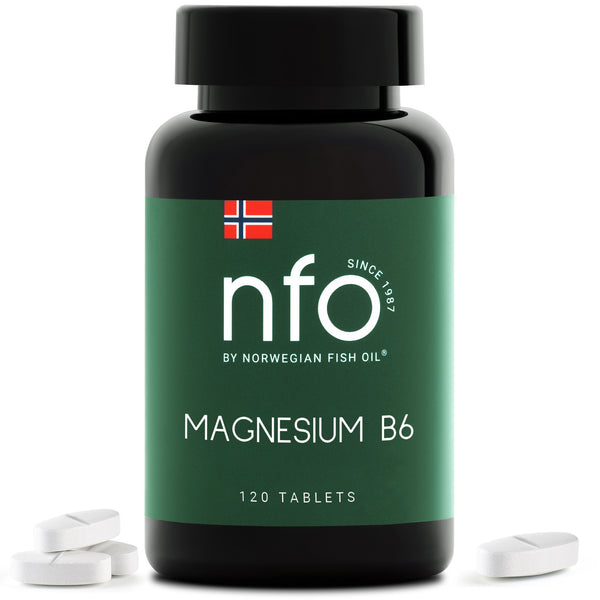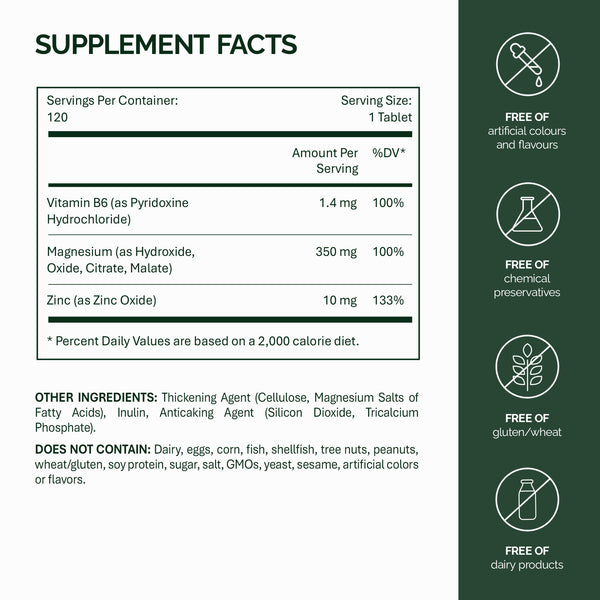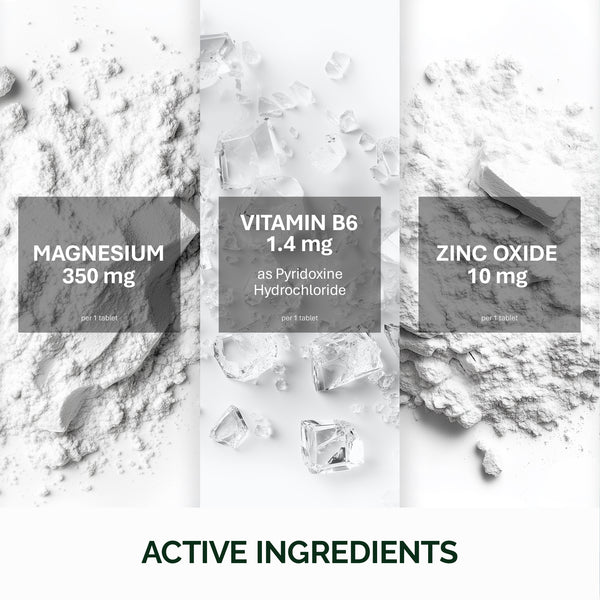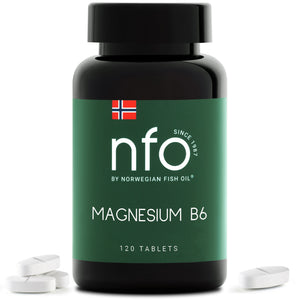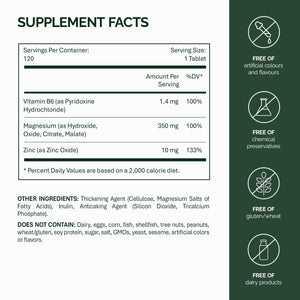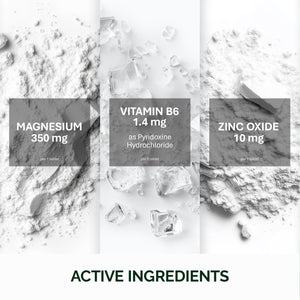
Magnesium has long been recognized as a vital mineral for human health, contributing to over 300 enzymatic reactions in the body. In 2024, magnesium supplements are witnessing unprecedented growth, becoming one of the most sought-after products in the wellness market. This article delves into the reasons behind magnesium’s rising popularity, its health benefits, different types, and how it addresses modern health challenges.
The Role of Magnesium in the Body
Magnesium is essential for maintaining healthy muscles, nerves, and bones. It supports energy production, DNA repair, and protein synthesis, making it indispensable for overall well-being. Despite its importance, magnesium deficiency is common, with studies indicating that nearly half of the U.S. population consumes less than the recommended daily amount.
Health Benefits of Magnesium
Magnesium offers a wide range of health benefits, from improving heart health to enhancing sleep quality. Here are some of its most notable benefits:
1. Cardiovascular Health
Magnesium helps regulate blood pressure, reduce inflammation, and support healthy cholesterol levels, making it a cornerstone for cardiovascular health.
2. Stress Reduction and Improved Sleep
Magnesium plays a critical role in managing stress and promoting relaxation. Magnesium glycinate, in particular, is effective in improving sleep quality.
3. Bone Health
Alongside calcium, magnesium is crucial for maintaining strong bones. It aids in calcium absorption and supports bone density.
4. Migraine Relief
Research shows that magnesium supplementation can reduce the frequency and severity of migraines.
Why Magnesium Supplements Are Booming in 2024
1. Increased Awareness of Deficiency
Modern diets, high in processed foods, often lack magnesium. Coupled with depleted soil nutrients, magnesium deficiency is becoming a widespread issue.
2. Demand for Stress and Sleep Solutions
With rising stress levels globally, more people are turning to magnesium for its calming effects. Magnesium supplements, particularly magnesium glycinate, are increasingly recognized as natural remedies for stress and sleep disorders.
3. Versatile Health Benefits
The broad spectrum of benefits offered by magnesium—from cardiovascular support to muscle recovery—makes it appealing to diverse consumer groups.
4. New Product Innovations
Advancements in supplement formulations, such as chelated magnesium, have improved bioavailability, making magnesium supplements more effective than ever.
Types of Magnesium Supplements
Magnesium supplements come in various forms, each suited to different needs:
1. Magnesium Glycinate
Known for its calming effects, magnesium glycinate is ideal for stress relief and sleep improvement.
2. Magnesium Citrate
Often used to support digestion, magnesium citrate is effective for alleviating constipation.
3. Magnesium Oxide
Although less bioavailable, magnesium oxide is commonly used for its affordability and effectiveness in treating heartburn and indigestion.
4. Magnesium L-Threonate
This form is gaining popularity for its potential to enhance cognitive function and memory.
How to Choose the Right Magnesium Supplement
When selecting a magnesium supplement, consider your specific health needs. For sleep and stress, magnesium glycinate is ideal. For digestion, magnesium citrate may be more appropriate. Always consult with a healthcare provider before starting any supplement regimen.
Potential Risks and Precautions
While magnesium is generally safe, excessive intake can lead to side effects like diarrhea and nausea. It may also interact with certain medications, such as antibiotics and diuretics.
Conclusion
The rapid growth of magnesium as a supplement in 2024 reflects its critical role in addressing modern health challenges. From improving sleep and reducing stress to enhancing cardiovascular and bone health, magnesium offers a multitude of benefits. By understanding the different types and their applications, you can choose the right supplement to meet your health goals and enjoy the advantages of this essential mineral.
References
- Boyle, N.B., et al. (2022). Effects of magnesium on stress and sleep. Journal of Clinical Sleep Medicine, 18(3), 621-630. DOI: 10.5664/jcsm.9854.
- Dai, Q., et al. (2021). Role of magnesium oxide in digestive health. Journal of Gastroenterology, 57(4), 785-792. DOI: 10.1038/jg.2021.53.
- DiNicolantonio, J.J., et al. (2018). Magnesium's role in cardiovascular health. Open Heart, 5(2), e000776. DOI: 10.1136/openhrt-2018-000776.
- Dominguez, L.J., et al. (2021). Magnesium and bone density. Osteoporosis International, 32(3), 475-483. DOI: 10.1007/s00198-020-05747-w.
- Frye, M.A., et al. (2023). Advances in magnesium supplementation. Current Nutrition Reports, 12(1), 87-94. DOI: 10.1007/s13668-023-00482-9.
- Laires, M.J., et al. (2019). Magnesium interactions with medications. Drug Safety, 42(6), 759-768. DOI: 10.1007/s40264-019-00842-8.
- Rosanoff, A., et al. (2017). Magnesium in health and disease. Nutrition Reviews, 75(5), 317-330. DOI: 10.1093/nutrit/nux020.
- Slutsky, I., et al. (2017). Magnesium L-Threonate and cognitive health. Nature Neuroscience, 20(4), 572-581. DOI: 10.1038/nn.4490.
- Turnlund, J.R., et al. (2017). Magnesium citrate and digestive health. American Journal of Clinical Nutrition, 106(4), 993-999. DOI: 10.3945/ajcn.116.145060.
- Volpe, S.L. (2022). Magnesium and dietary trends. Journal of Nutrition, 152(3), 475-485. DOI: 10.1093/jn/nxac093.
